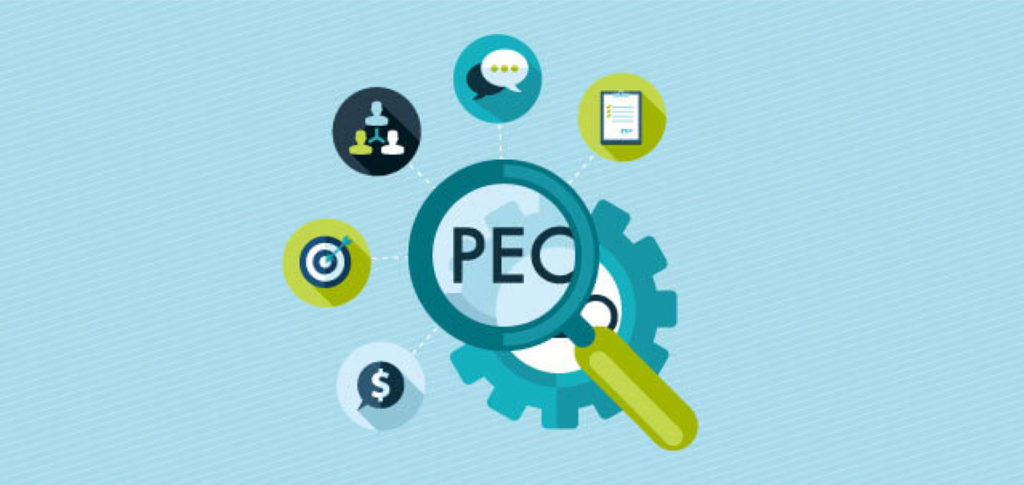
By alphacardprocess February 1, 2022
In a nutshell, a PEO is an organization that provides human resource services to their client companies. A professional employer organization acts as co-employer of the client company’s employees and assumes responsibility for all employee-related matters, including hiring, relocating, training, paying and managing employees – usually on a temporary or short-term basis.
A PEO typically provides a full suite of services, including payroll administration and tax filing, health insurance enrollment and claims processing, vacation and sick leave management, benefits administration, worker’s compensation coverage (when required), employee handbooks or online compliance resources, employment policies & procedures manual development for the client company. Some PEOs can also provide time and attendance tracking, performance management support, background screening services, legal staff who can assist with employment-related issues.
Although PEOs are not tied to the client company’s industry or location, their main demographic is small-to-midsize businesses (with revenue under $50 million). PEOs typically provide coverage for their clients in the following industries: construction, restaurant & hospitality, healthcare staffing, business process outsourcing (BPO), IT services and other similar positions.
The National Association of Professional Employer Organizations defines a PEO as follows: “A Third-Party Administrator (TPA) that assumes the employer’s fundamental personnel management responsibilities for its client companies in exchange for a fee. PEO’s perform the same functions as traditional TPA’s, but also provide ancillary services to make their clients more efficient in day-to-day administration.”
Here are five things you should know about Professional Employer Organizations (PEOs):
- The concept of Professional Employer Organizations has been around for several decades, but has recently grown in popularity.
- PEOs provide their clients with the services mentioned above. However, they do not get involved in hiring & firing decisions or managing daily operations of the client company.
- PEOs typically manage all payroll related activities including preparing W-2’s and 1099’s, paying employees and filing payroll taxes.
- PEOs typically deal with benefits such as workers compensation (when required), health insurance , disability insurance, life insurance and AD&D. They also file for COBRA on behalf of the client company upon request, along with any other ancillary benefit needs that might arise.
- PEOs typically do not offer “full service” benefits such as dental, vision and long-term disability insurance – it is best to seek these services elsewhere .
The US Small Business Administration (SBA) estimated that there were about 20,000 payroll service providers in the United States and Canada in 2008. The SBA also estimated that the number of PEOs in the U.S. grew by 17 percent between 2007 and 2008, with about 2,400 new companies entering this business during this time period (in addition to the 20,000 more traditional payroll processors).
The top five Professional Employer Organizations (PEOs) based on revenue in 2010 were:
1) A to Z HR Solutions – revenue was $536.4 million in 2010, but has been acquired by CACI International Inc. in 2011
2) The Segal Group – revenue was $450.3 million in 2010.
3) Ajilon – revenue was $325.9 million in 2010
4) TriNet – revenue was $303.5 million in 2010
5) Paychex – revenue was $294.7 million in 2010 (Source: Inc Magazine)
The Protenus PEO Marketplace website is an excellent resource where you can compare fees, services and location of over 100+ Professional Employer Organizations.
